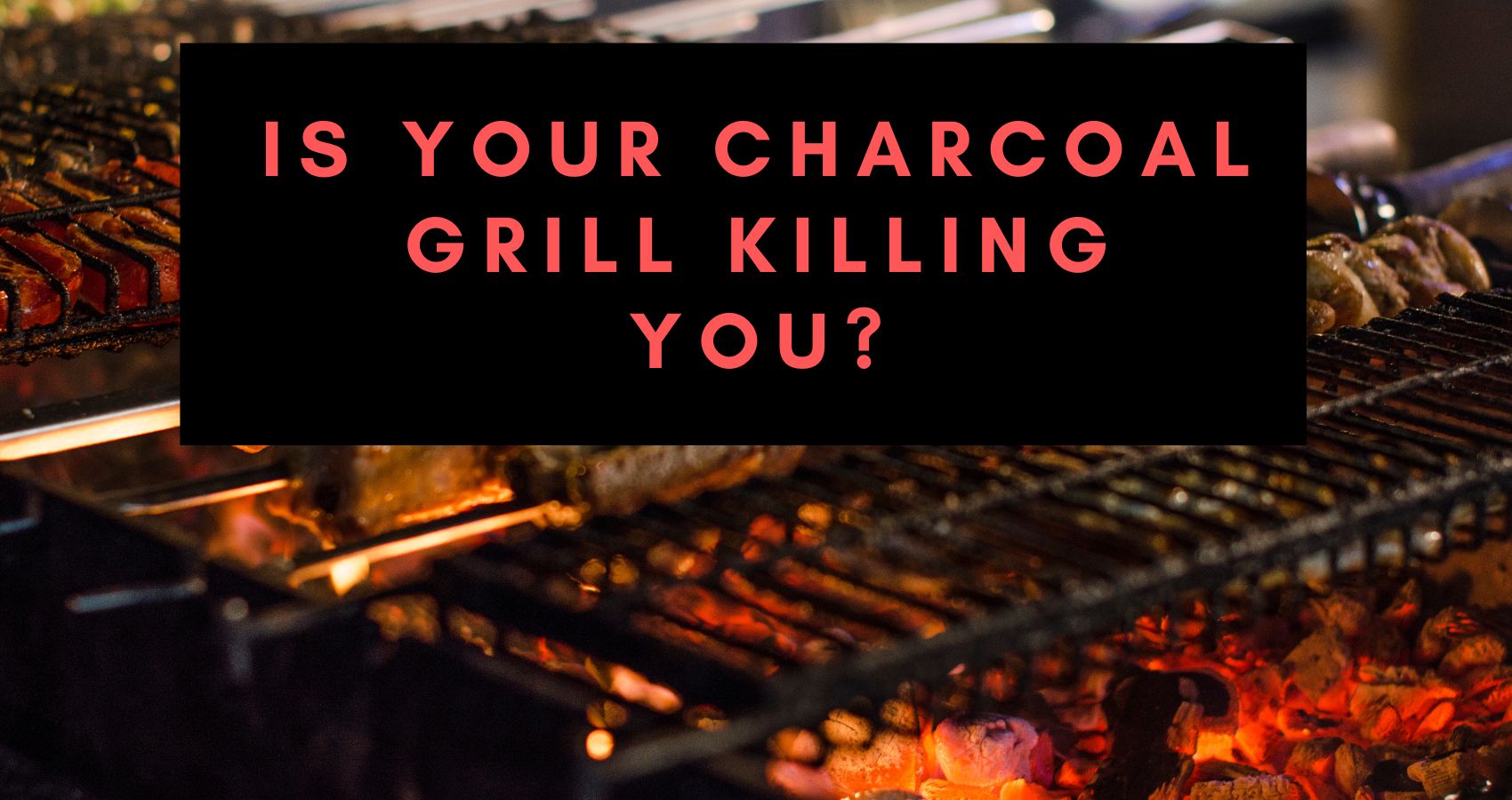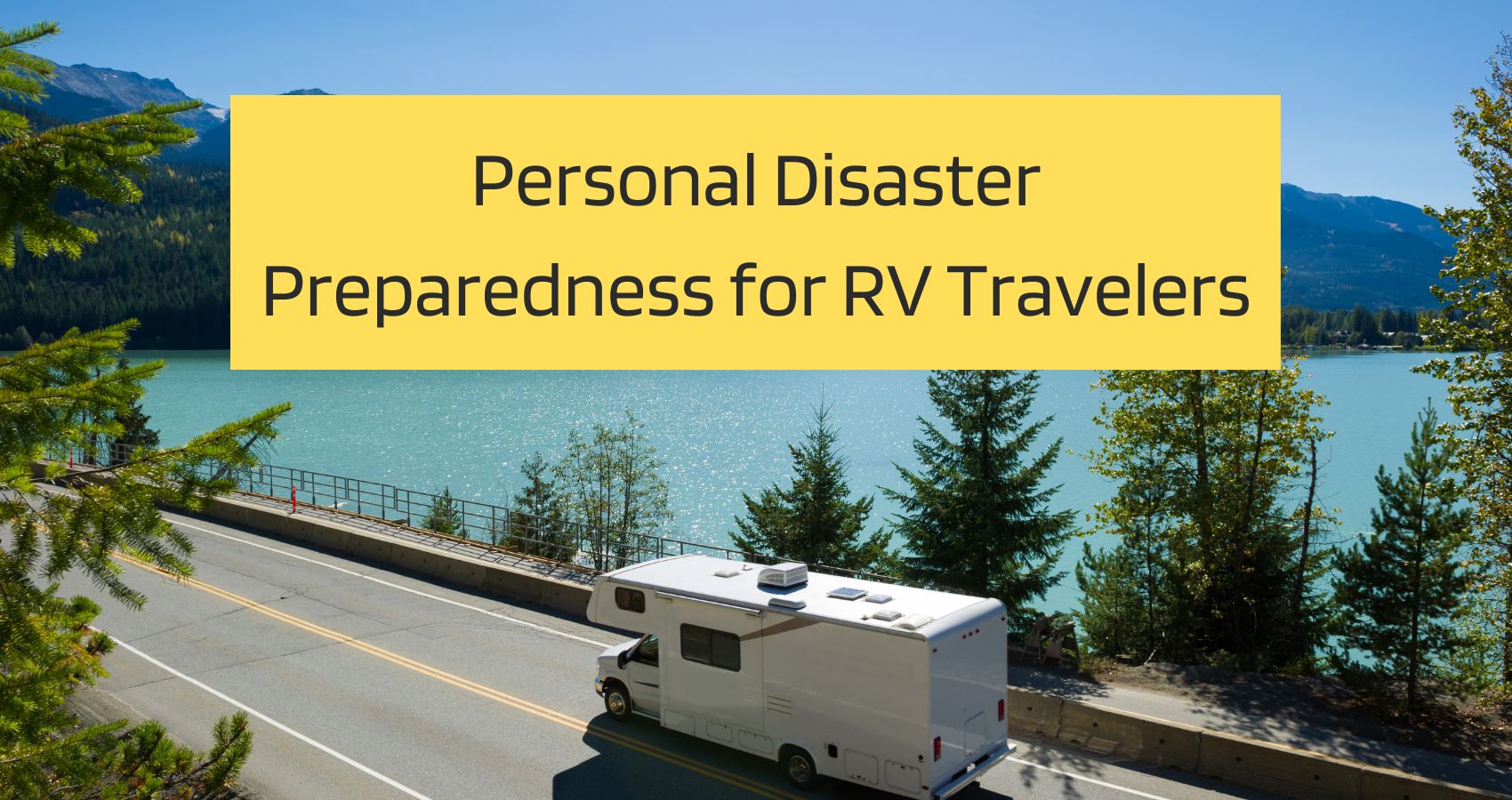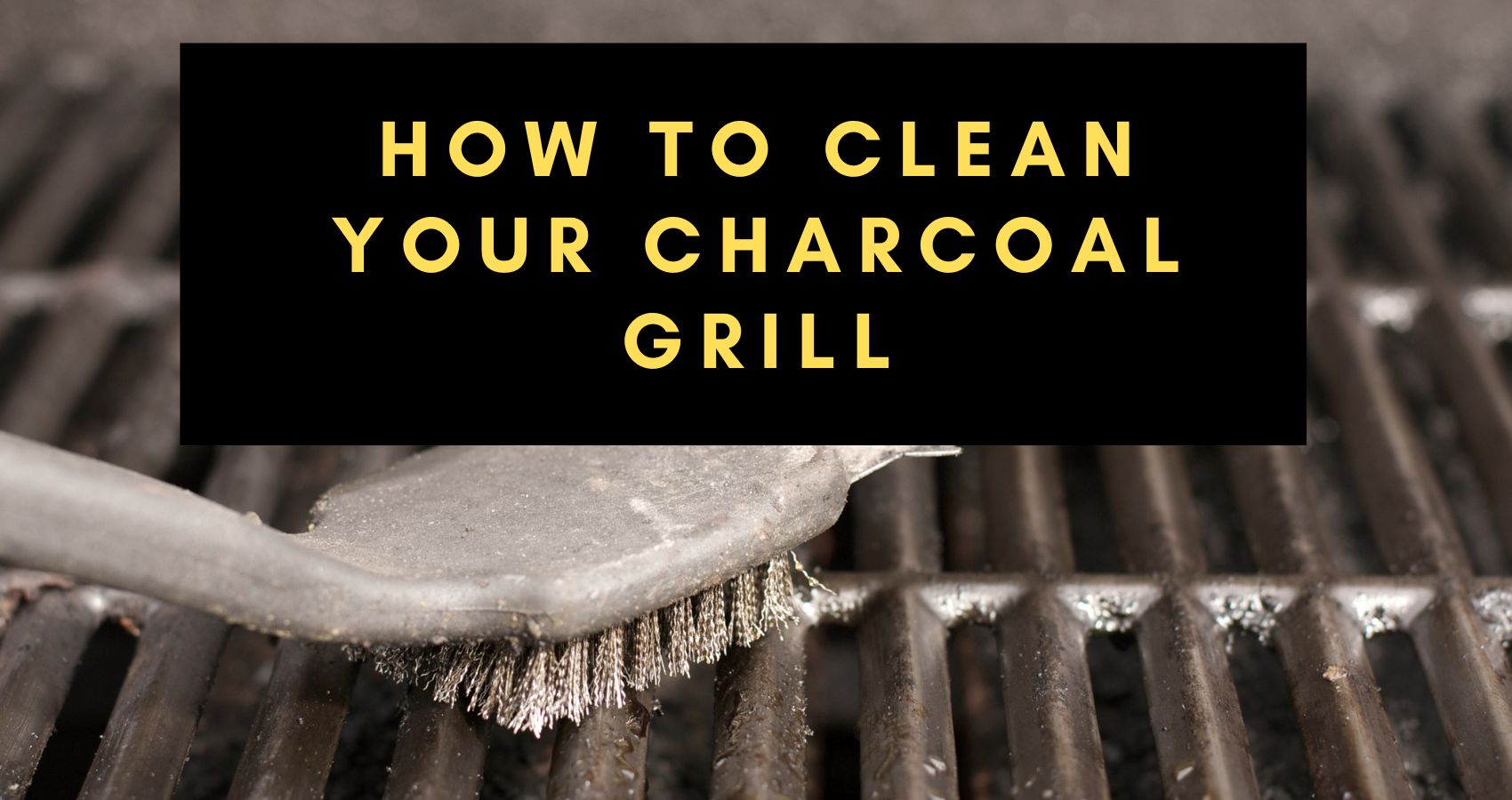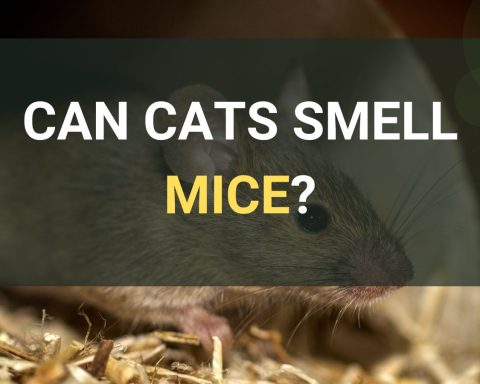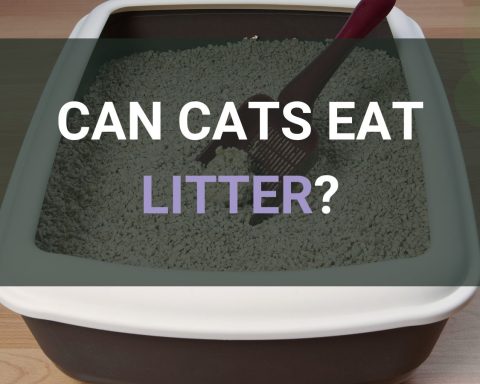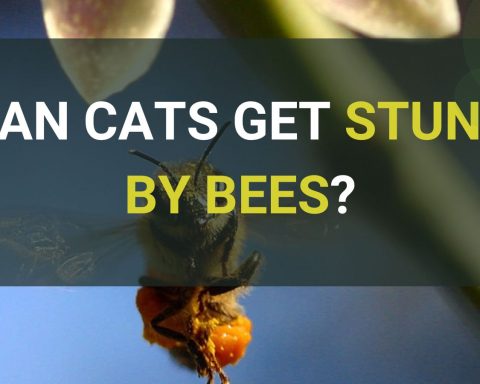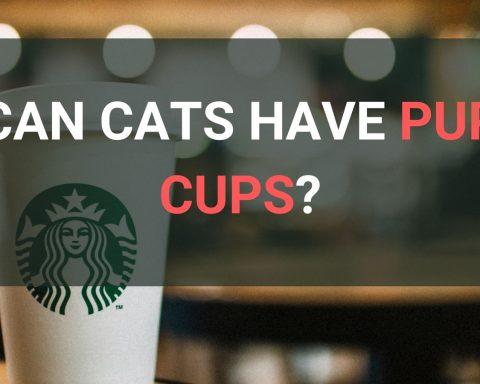Over the last few years, there has been a lot of talk about charcoal grilling and cancer. The plain fact is there are links between certain types of grilling and cancer. Some methods of grilling are riskier than others. The same is true for the kid of grill you cook with.
The type of charcoal used in your grill can have a big impact on how unhealthy your meal is. Any material burned in your grill will release soot particles and carbon, both of which are known for their carcinogenic properties. Most of these particles will float up into the atmosphere. Some will find their way into your lungs, potentially causing respiratory problems. The rest of these toxins will attach themselves to whatever food you happen to be grilling at the time. This is one of the links to cancer, but not the only one.
When you grill meat, two types of carcinogenic substances are produced. The first of these is called polycyclic aromatic hydrocarbon (PAHs). The second one is called heterocyclic amines (HCAs). When you grill a juicy steak on the grill, you may notice that every so often, some melted fat or grease will drip onto the coals. The coals fry this fat very quickly, producing PAHs. When the smoke from the flare uprises, it takes these PAHs with it, depositing quite a lot of them on your food. Actually, you don’t even need dripping fat to produce PAHs because they can form directly on the food itself. Then you eat the food, ingesting those toxins.
HCAs are a little different than PAHs. Instead of the charcoal being the culprit, the problem lies in the meat itself. When the meat of any kind is cooked with high heat or over long periods of time, HCAs are produced inside the food. This means that unlike PAHs, they can’t be removed easily. The longer and hotter you cook your food, the more HCAs are created. Right now you’re probably thinking that you’ll never grill again, but keep reading. The creation of HCAs doesn’t occur only when grilling. It can happen with any method of cooking, even in a regular oven.
Sounds pretty bad, doesn’t it? It isn’t all gloom-and-doom, however. The bottom line is that burning meat and overcooking it on a grill or anywhere will definitely increase your risk of developing certain types of cancer. There are still some variables that haven’t been nailed down yet though. Scientists haven’t discovered how much grilled meat you’d have to eat before it became dangerous. Nor have they measured just how burnt meat needs to be before reaching hazardous levels of carcinogens. Finally, the link between HCAs and cancer has been established with animals when given in wildly high amounts. That link hasn’t been established in humans yet.
No matter what the numbers might be, there are still some things you can do to help lower the dangers. If you use lump charcoal, it may be better to switch to briquettes. Better still; there are a few companies that market natural charcoal. These have no chemicals in them and produce fewer PCAs. Also, use a drip pan to catch falling fat and grease before it reaches the coals. The best choice would be to grill with gas instead of charcoal. Whatever charcoals you choose, use lower temperatures and limit the time that the meat is exposed to flame. Also, don’t eat well-done meat. Try medium or medium-well instead.
If food does get burned, cutting off the burned parts will remove some of the PCAs. Flip your food with a spatula or tongs to flip the meat. Forks and other instruments that pierce the meat will allow additional fat to drip. The skin contains a lot of fat so remove any skin from meats and try to choose the leanest cuts you can find. To keep your food on the grill for the least amount of time, pre-cook it inside and never grill frozen food. Add more veggies to the meal and eat smaller cuts of meat as well. A little planning will go a long way. With a little knowledge, you can still enjoy backyard barbecues without the worry of ingesting dangerous toxins.

